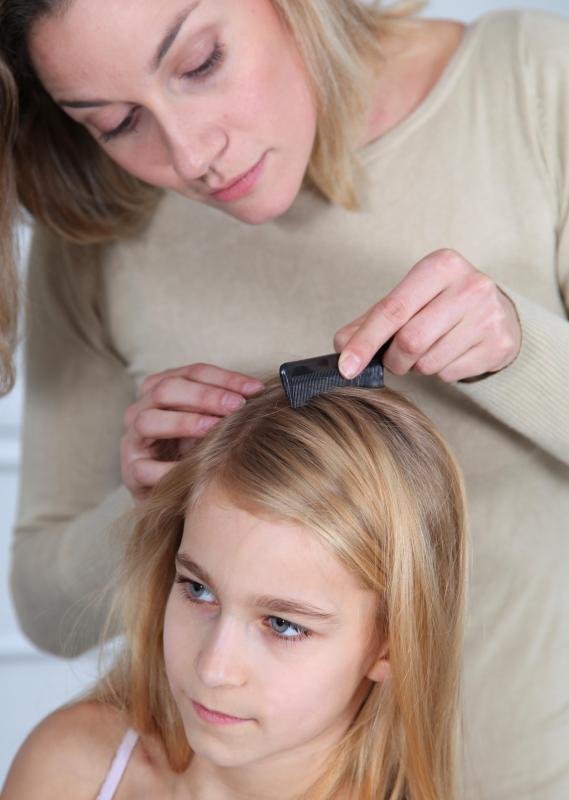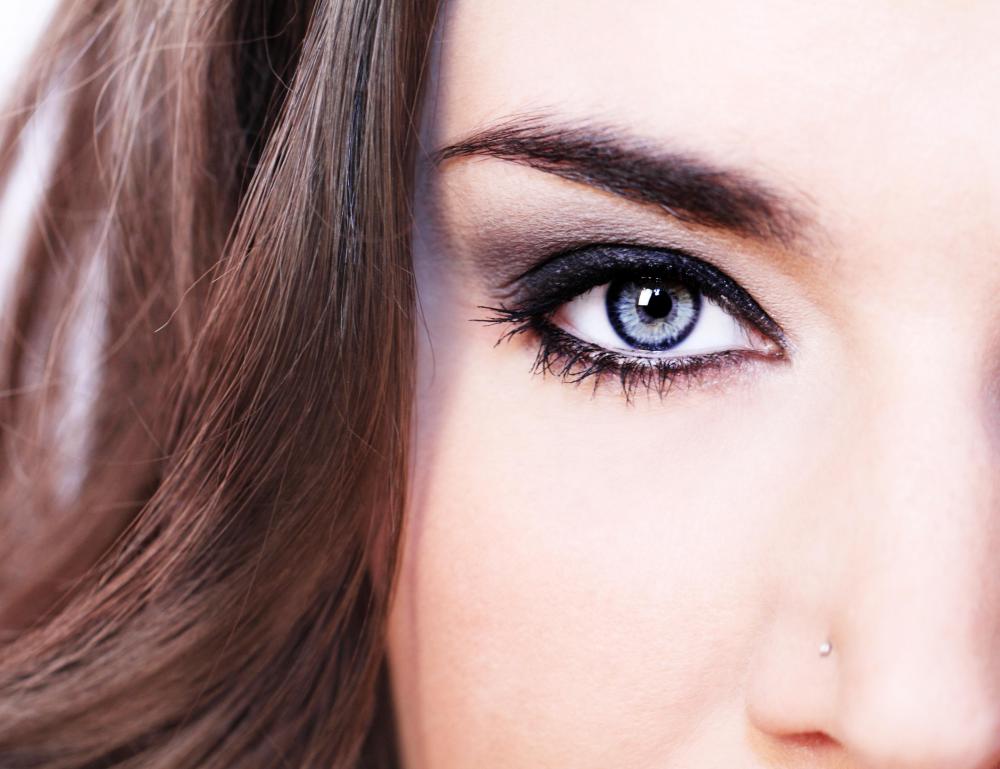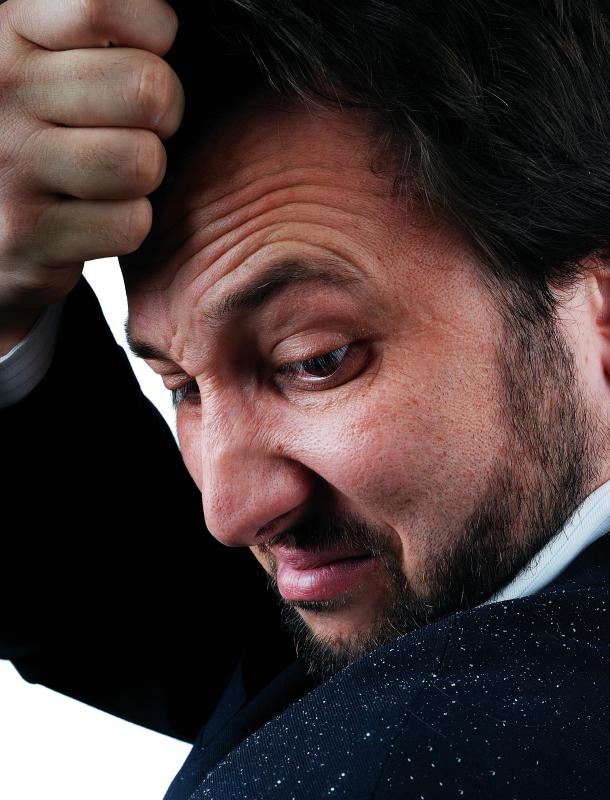At TheHealthBoard, we're committed to delivering accurate, trustworthy information. Our expert-authored content is rigorously fact-checked and sourced from credible authorities. Discover how we uphold the highest standards in providing you with reliable knowledge.
What are the Different Types of Scalp Disorders?
There are many different scalp disorders, some much more common than others, but in most cases they can be broken down into broad types depending on what causes them as well as their primary symptoms. Some of the most well known involve itchiness and flakiness of the skin just on top of the scalp; both dandruff and seborrheic dermatitis fall into this category. There are also a number of disorders that lead to hair loss, usually in patches or clumps. Sometimes these types of disorders are caused by autoimmune conditions, or they may be a reaction to extreme stress. There are also a number of conditions that can lead to hair growth problems, particularly when it comes to ingrown hairs. Infections can be problematic on the scalp, too. Some infections are caused by fungi and bacteria, whereas others owe their roots to parasites, particularly small lice or mites that burrow into the oily skin. Not all scalp disorders can be entirely cured, but most can be treated, and anyone who is suffering or in pain should usually seek prompt medical attention in order to get the condition under control.
Itches and Flakes

Dandruff, also sometimes known medically as pityriasis, is one of the most familiar and common disorders. The condition results from built-up oil on the scalp and hair that traps dead skin cells, which amass and flake off. People with dandruff often have really itchy scalps, and flakes tend to shake lose and accumulate on the shoulders, clothing and furniture. Dandruff cannot usually be cured, but in most cases it can be controlled with over-the-counter shampoos and certain lifestyle changes.

Seborrheic dermatitis is a related condition that often seems like dandruff in its early stages, but can be much more invasive and serious. Seborrhea is a condition that causes overproduction of sebum, or skin oil, which leads to oily, inflamed skin with yellowish scales that may shed. This condition is caused by inflammation of the skin on the scalp and other hairy areas, and can actually be quite painful in addition to being itchy. The skin sometimes peels off in large patches, leaving raw and sensitive areas exposed. Scalp psoriasis is a similar condition that causes gray scaling and red patches that sometimes extend beyond the scalp. Both are painful, but they usually can be treated with medicated shampoos and targeted pharmaceuticals.
Disorders Leading to Hair Loss

Telogen effluvium and alopecia are much less common scalp disorders that cause loss of hair in patches. Alopecia is an immune deficiency disease and usually occurs in one or two broad “regions” on the scalp; in very rare cases, it can also cause complete body hair loss. Telogen effluvium causes rapid scalp hair loss in patches, but usually is a temporary response to stress, trauma or certain kinds of medication. While hair rejuvenation medication is available in many places, not all patients respond to it.
Hair Growth Issues

Folliculitis is one of the more painful scalp disorders and it commonly causes ingrown hairs. Pustules that itch and ooze form around the base of hair follicles and usually cause extreme discomfort and often lead to infection. If unchecked, folliculitis can lead to cysts forming on the scalp and other regions of the body. These cysts must be lanced and, sometimes, sewn up in order to promote healing.
Fungal Infections

Some of the most common scalp infections are caused by fungal strains, usually from the environment but also sometimes introduced internally from infections elsewhere in the body. Common fungal infections of the scalp include tinea capitis, which causes round ringworm patches that are white or gray. The infection eats away at hair, eyebrows and eyelashes unless treated with antibiotics. Furuncles and carbuncles, which are fungal infections that cause boils and scalp lesions, are less common but no less serious..
Parasites

Head lice, also called pediculosis capitis, are a parasitic infection that affects the scalp. Lice are tiny insects that feed on the scalp tissue and cause itching with their bites. Head lice are extremely contagious and should be treated immediately. Scabies, sometimes called sarcoptic mange, can also affect the scalp. In this condition, tiny mites burrow into the skin and cause infections, which may result in red sores, hair loss, and itchiness.
Getting Help
It isn’t always possible to completely cure scalp conditions and disorders, but there are a range of different treatment options that can bring relief. Anyone who in concerned about pain, itchiness, or even just changes in their scalp area is usually wise to set up an appointment with a medical professional to get things checked out. In many cases, the sooner a disorder is treated, the easier it is to contain moving forward.
AS FEATURED ON:
AS FEATURED ON:
















Discussion Comments
I had an itchy patch of skin on my head. Now it has turned into a hard knot-like cyst thing. It does not hurt or anything. It is just really hard. What is this and what can I do to get it to go away?
I have had severe itching and food allergies for eleven months. I've felt crawling in my hair that long also. I have erythmalgia. Is anything from parasites connected?
Post your comments